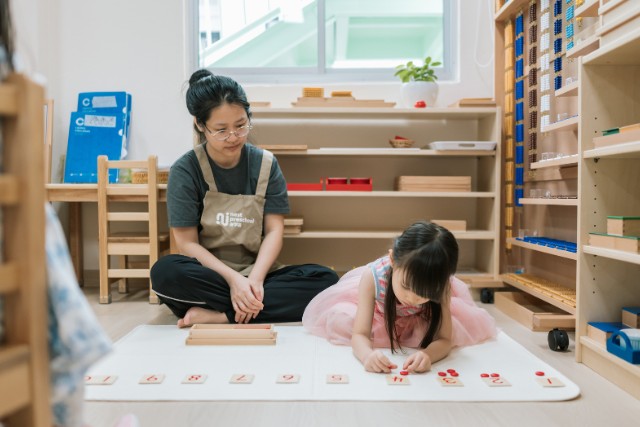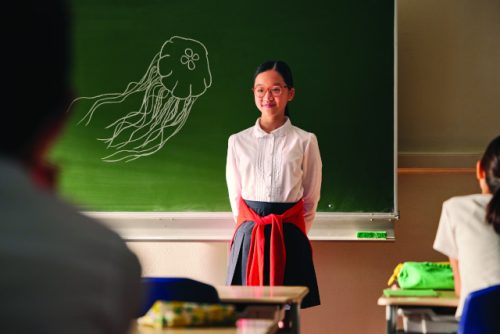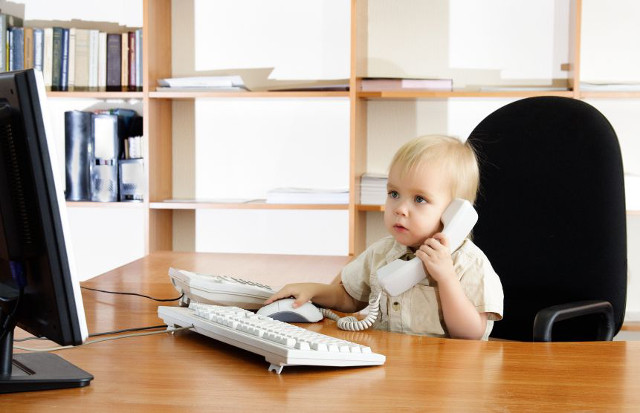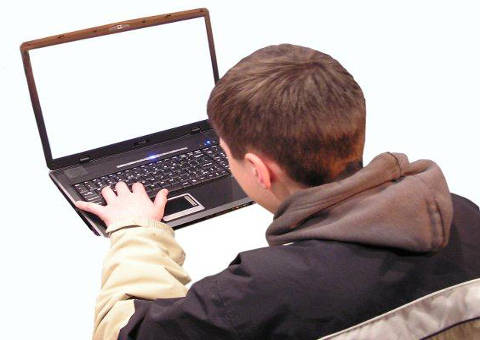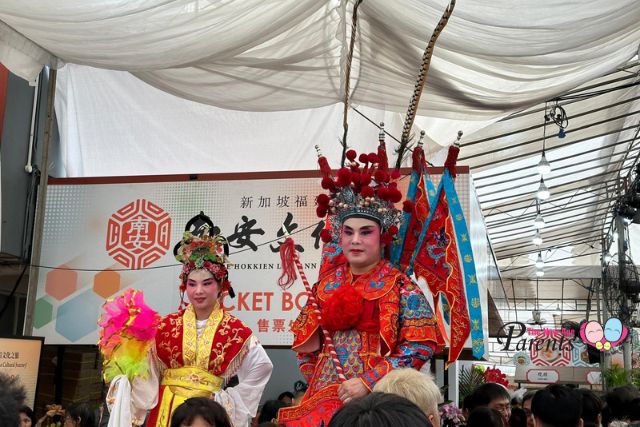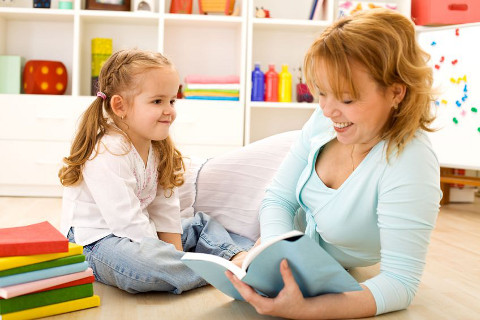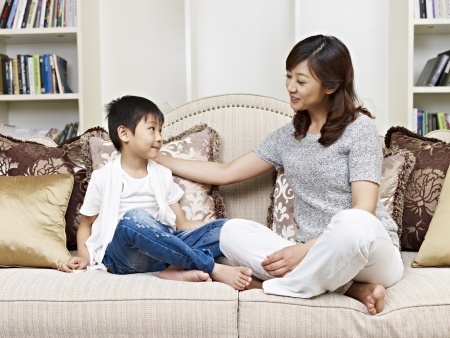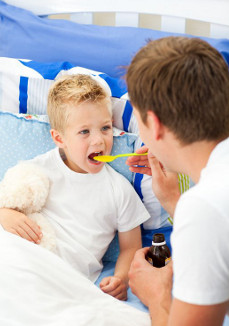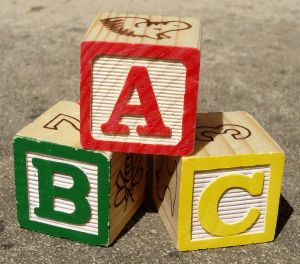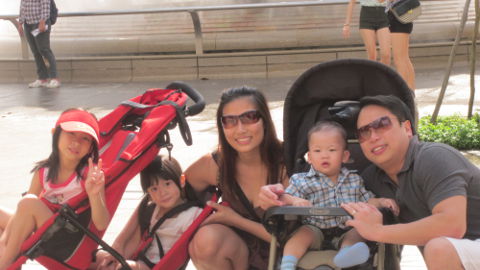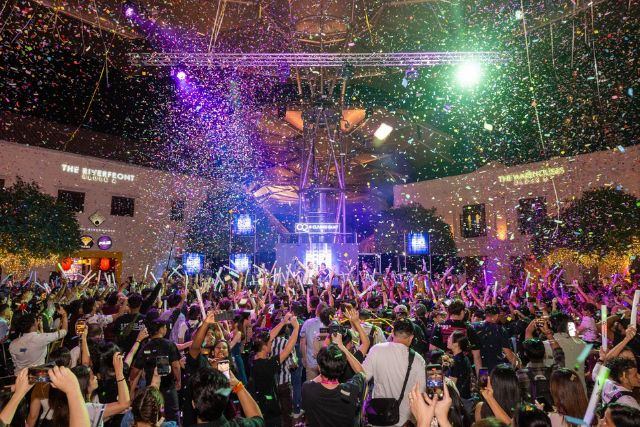In my household, media censorship is exceptionally important for my children.
Both my husband and I believe that our children will model and learn what they observe in their environment and on the television, as it may seem as acceptable behaviour.
Albert Bandura’s social learning theory was based on the fact that children could easily learn and model their behaviour to what they have observed in their environment, and that includes what they view on the television or the gadgets that they are exposed to. He also claimed that children who have watched programmes or media filled with violent actions (whether subtly or obviously shown) would have a tendency to imitate those actions.
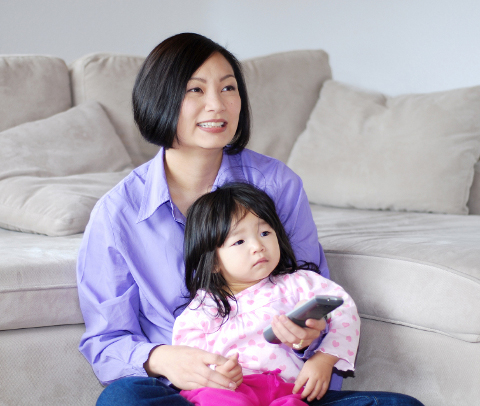
On the other hand, Mrs Leong, a social worker who has a son of 19 months old, believes that media and electronics should be withheld from children until at least 2 years old before slowly introducing them to selected appropriate television programmes. She finds that the delaying of exposing them to media and gadgets may help them to reduce the risk of being addicted to them in future.
She would educate her son by making alphabet cards and sticking them on the walls, or collecting similar coloured items and place them into a basket to teach him about colours rather than teaching him via the latest applications on the gadgets and DVDs.
To Censor or Not to Censor?
Indeed, studies have shown that spending a lot of time in front of the screen trains the child’s brain to require continuous audio-visual stimulation, which a programme would change rapidly. Such children often find the classroom environment boring, are unable to settle properly without high engagement tools and may even suffer from attention deficit.
Many parents that I know download the latest applications, advertised as educational tools for young children in hope to provide educational benefits for their child. And they would expose their children to them, sometimes as young as below one or up to 2 years old.
While there can be differing school of thoughts in this area, my husband and I would like our children to have a childhood filled with memories of them playing in open fields, playgrounds, reading their favourite story books and toys, not more than watching television or playing with the latest applications on the tablets. We wish that they would learn to stay comfortably occupied without the help of social media during mealtimes and also during social time with friends, to enjoy the nature while being in the stroller or to be meaningfully occupied with their books and toys.
Parent’s Responsibility to Teach Children
As parents, we have the responsibility to guide our children and teach them right from wrong. And it is precisely because information is so readily available today that children should be taught, from a young age, to handle the material that they are exposed to, and to discern which are good for them, and which are not.
While we know we cannot enforce the rules or make others turn off their television or mobiles when we visit other people’s homes, we can do as much censorship as we can as parents at home. The key is to be selective in what we show them, to expose them only at an appropriate age and to model what self-control is like to our children. By doing so, we hope that they will learn how to manage technology and not allow technology to manage them.
By Yvonne Chee.
* * * * *
Do you censor media at home? What are some of the difficulties you face? Share your thoughts with us.
Want to be heard 👂 and seen 👀 by over 100,000 parents in Singapore? We can help! Leave your contact here and we’ll be in touch.











